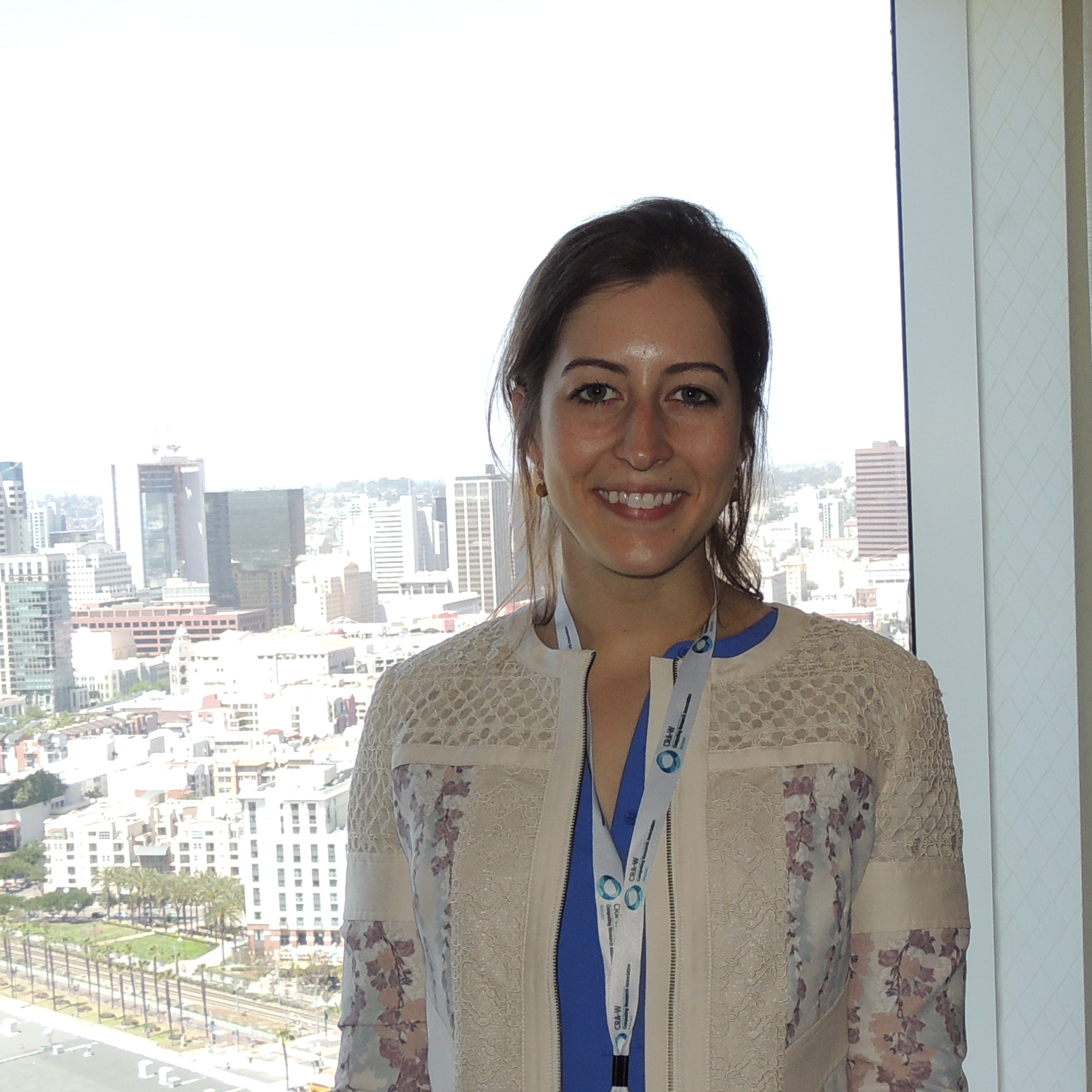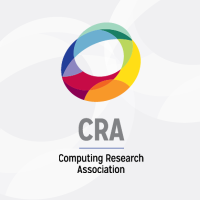Profiles in Computing: Caroline Trippel
By Shar Steed, CRA Communications Specialist
 From an early age, current Ph.D. student and 2016 Graduate Cohort Workshop (Grad Cohort) attendee Caroline Trippel had a positive image of women in computing. Her mother earned an undergraduate degree in math, a Master’s degree in computer science, and currently works as an embedded systems software engineer.
From an early age, current Ph.D. student and 2016 Graduate Cohort Workshop (Grad Cohort) attendee Caroline Trippel had a positive image of women in computing. Her mother earned an undergraduate degree in math, a Master’s degree in computer science, and currently works as an embedded systems software engineer.
“She was the one who really encouraged me to look into computer science. I was really into math and science subjects in grade school and high school. I ended up studying computer engineering in undergrad and that led me to computer science.”
Several years later, Caroline is now a third year computer science Ph.D. student at Princeton University, where her research focuses on computer architecture. While finishing her undergraduate degree, she applied to both Ph.D. and Master’s programs, not sure of which path she wanted to take. What pushed her to the Ph.D. track? It was mostly because of a connection fostered by her future advisor Margaret Martonosi, a CRA board member and former Jefferson Science Fellow at the U.S. State Department. During the application process, Margaret thought Caroline’s application stood out and contacted her personally and to ask if she would consider switching her application from the Master’s to the Ph.D. program.
“I knew it was more years of education and studying, but I didn’t realize that you fulfill some course requirements and you are really doing a research job, which I think is really interesting. So I thought, Why not?”
Even though she is a woman in the male dominated field of computing and computer architecture, Caroline doesn’t feel like she has gone through anything particularly difficult or discouraging. She attributes part of that to her family, who often provide encouragement, and part to the supportive colleagues and professors she has had throughout her education. But while Caroline hasn’t been discouraged per se, she has noticed a lack of diversity (whether it’s gender, age, or ethnic) in the workplace when doing internships, which made her feel like an outsider at times. “I feel like I have less in common with the people I work with, outside of the one particular thing we are working on. So there are less things to talk about other than the technical issue, which sometimes can be difficult.”
Just bringing attention to diversity gap can help benefit everyone. Caroline loves seeing the companies at Grad Cohort because she believes getting more companies involved in diversity awareness programs is important. Ultimately, companies with more diverse employees can bring more unique ideas to the table and help foster innovation.
Even though she describes herself as a little shy, Caroline has expanded her social network through other activities outside of the lab. “I think having some extracurricular things you like to do or having other social groups is helpful to balance out the lack of social commonalities with people you are working with if that is a problem.”
Caroline loves exercise and weightlifting, so she recently joined a Crossfit group. In addition to working out, she also likes cooking and is a self-proclaimed “foodie.” When visiting other cities for conferences, she enjoys dining at new restaurants and may even dedicate a section on her website to it.
When she walked into Grad Cohort, a gathering of hundreds of female computing students, for the first time, she was amazed to see how many women there are in the various computing fields. “I think that [Grad Cohort] establishes more of a sense of community. I’m in computer architecture, a specialty that I feel like tends to have one of the lower percentages of women. But seeing the larger computing group as a whole inspired some hope that there are more women in computing than I would have thought otherwise.”
Part of the mission of the Computing Research Association (CRA) is to mentor and cultivate the talent development of computing researchers at all levels. Several programs led by the Committee on the Status of Women in Computing Research (CRA-W) focus on increasing gender diversity in computing. This column, “Profiles in Computing,” showcases successful individuals in computing, who donate their time and energy to mentoring future generations and strengthening the community of computing researchers through CRA-W initiatives.


